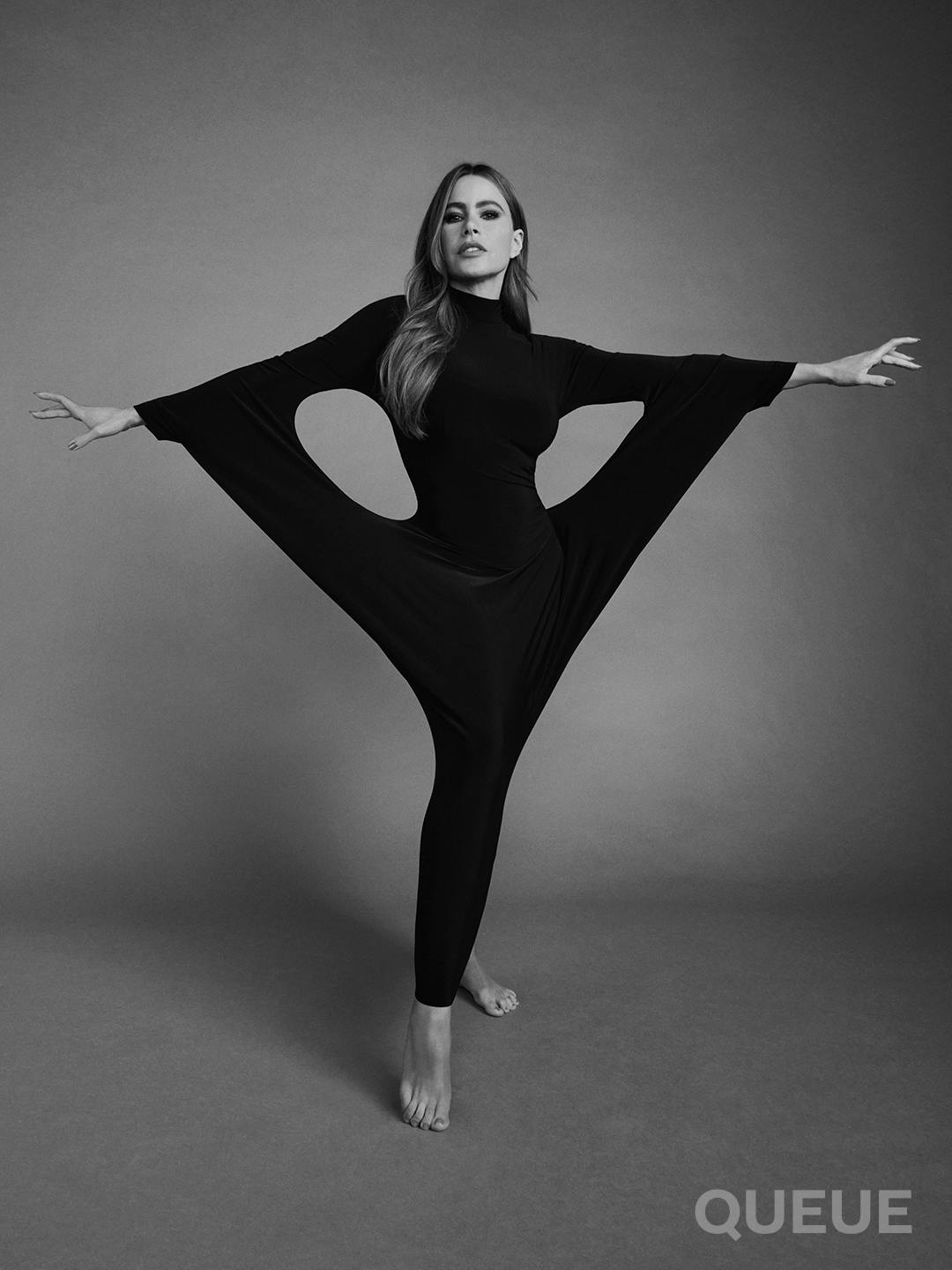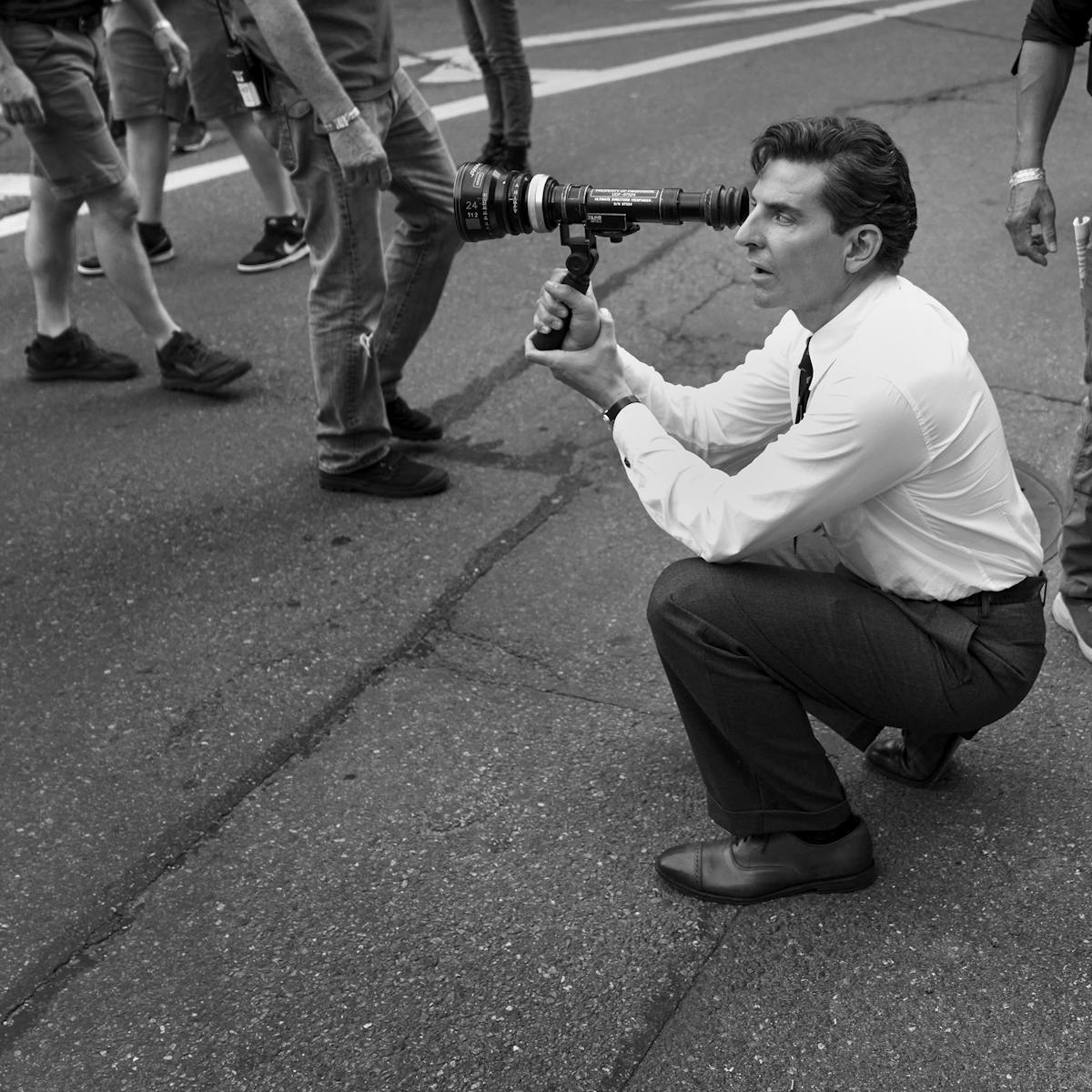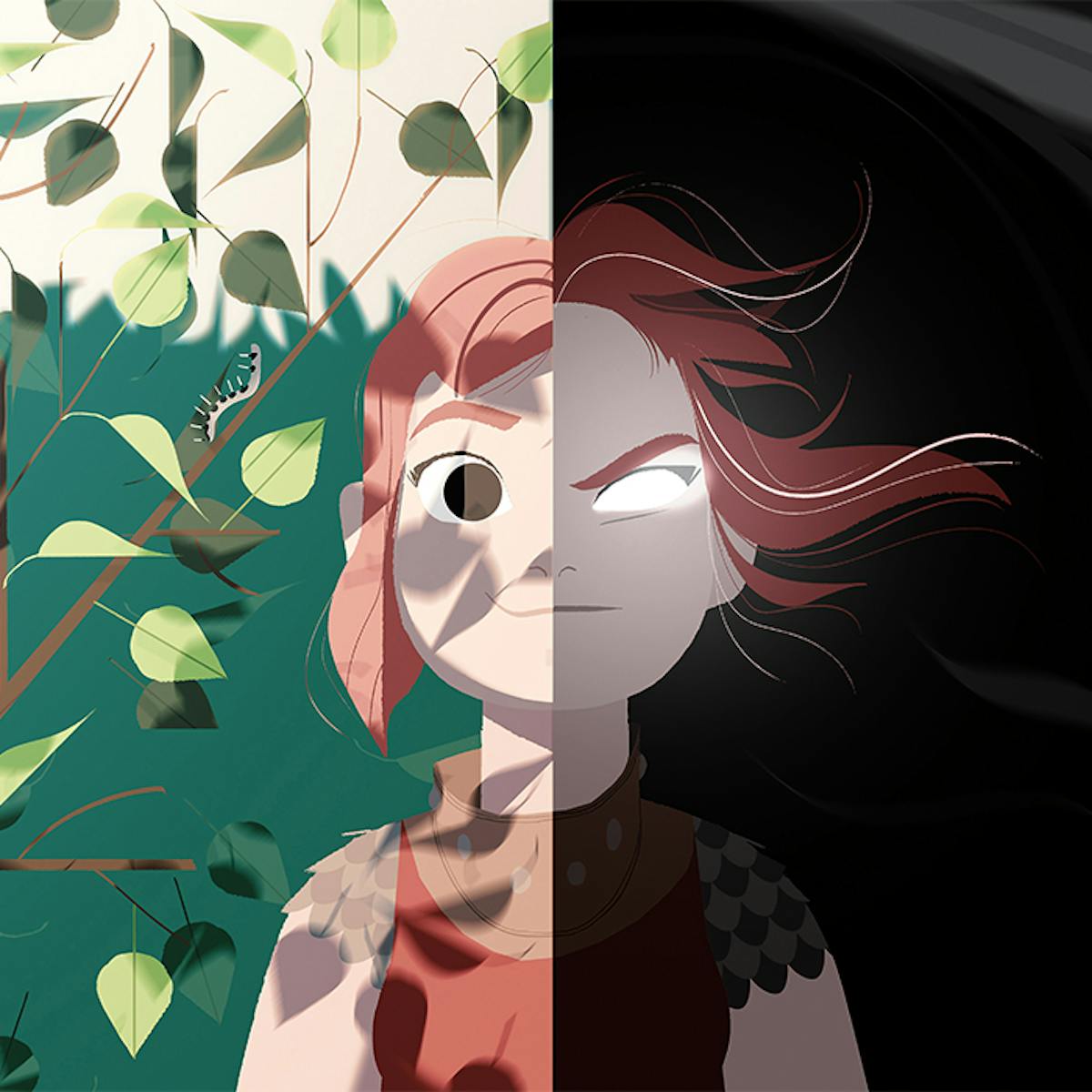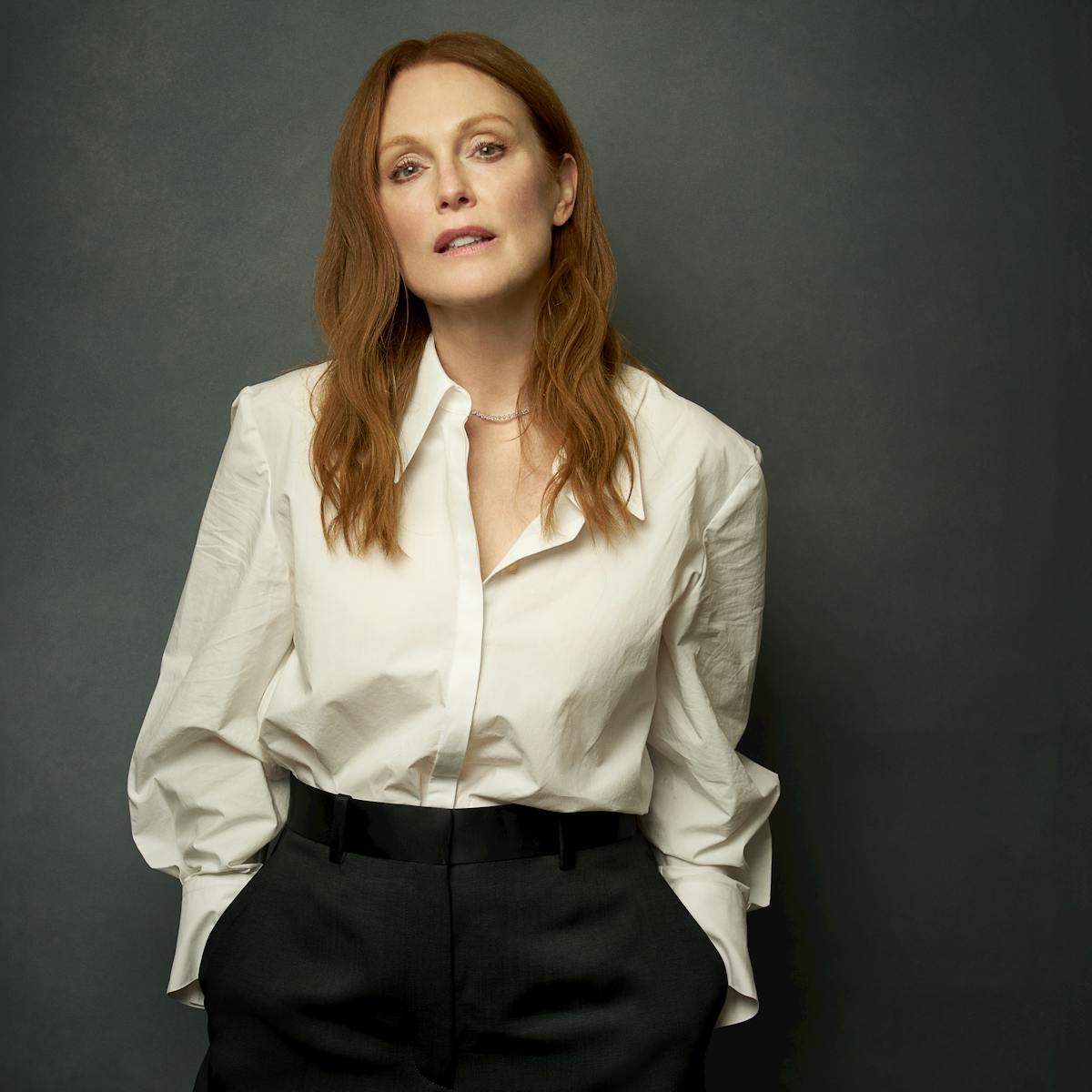In Griselda, the actor debuts her dramatic side.
A glamorous Colombian woman walks into a bar called The Mutiny, the go-to hangout for drug dealers in 1980s Miami. Her name is Griselda Blanco, and she’s not only one of the very few female drug dealers of the time — she’s La Madrina, the godmother of them all.
In the new limited series Griselda, Sofía Vergara stars as the legendary narcotraficante, capturing the essence of the fascinating, real-life figure who clawed her way up the ranks of Colombian drug trafficking to become Miami’s most feared cartel boss. Awash in the more-is-more aesthetic of 1970s and 80s Miami, the role is a perfect fit for the Colombian actor, allowing Vergara to showcase a dramatic finesse she’s not yet had the opportunity to bring to the screen.
Indeed, Griselda represents a series of firsts for the actor: It’s Vergara’s first dramatic lead role, her first-time executive-producing, and her first acting role in her native Spanish. “It was like a rollercoaster ride for me,” Vergara says. “I had never really acted in Spanish before or done anything that wasn’t comedy. I thought immediately that [Griselda] was a very interesting character. As a Latin woman and someone who sounds like me, there aren’t many projects that are perfect for me. This was a role that I could play because she’s a strong Colombian woman.”
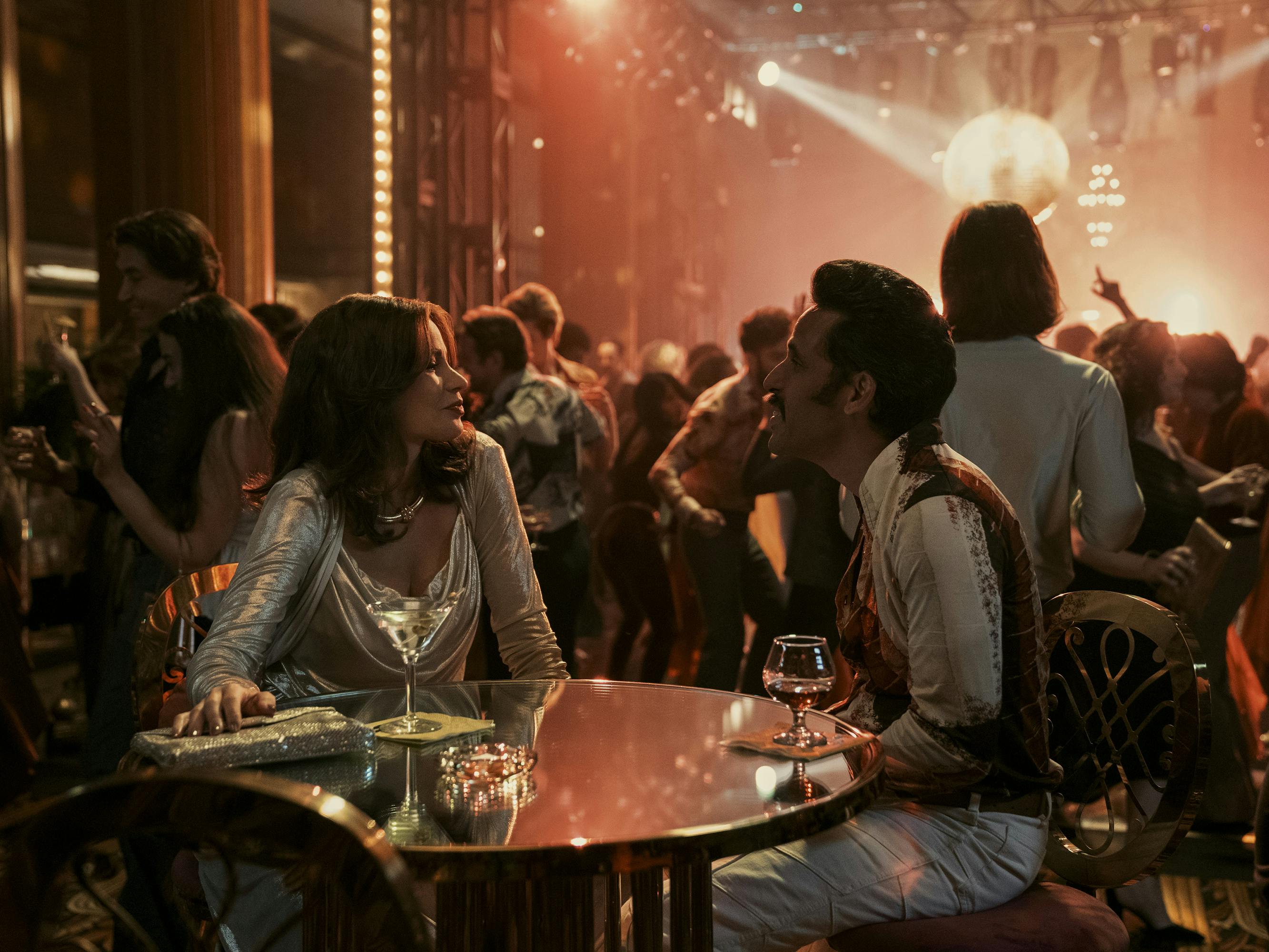
Griselda (Sofía Vergara) and Johnny (Wilmer Calderon)
Photograph by Elizabeth Morris
Vergara became a household name playing a very different strong Colombian woman on the Emmy-winning sitcom Modern Family from 2009 to 2020. For her turn as Gloria Delgado-Pritchett, Jay’s sexy, outspoken wife and mother to precocious teen Manny, Vergara earned four Emmy nominations and four Golden Globe nominations. While the actor had infused her Modern Family character with her subtle wit and considerable charm, for Griselda, the actor needed to call upon a fiercer, more commanding side to play the woman known as La Madrina.
The opportunity to demonstrate her range as an actor was one of the reasons Vergara was so drawn to star in the limited series. “When I started to develop the project, I wanted to challenge myself because Griselda Blanco is such a complex character,” she says. “She’s not a hero, and many of the things she did were very terrible. But she was also very interesting. There were so many nuances to explore in terms of who she really was — as a cartel leader and a fearless businesswoman in Miami in the 70s, and of course, as a woman, as a mother.”
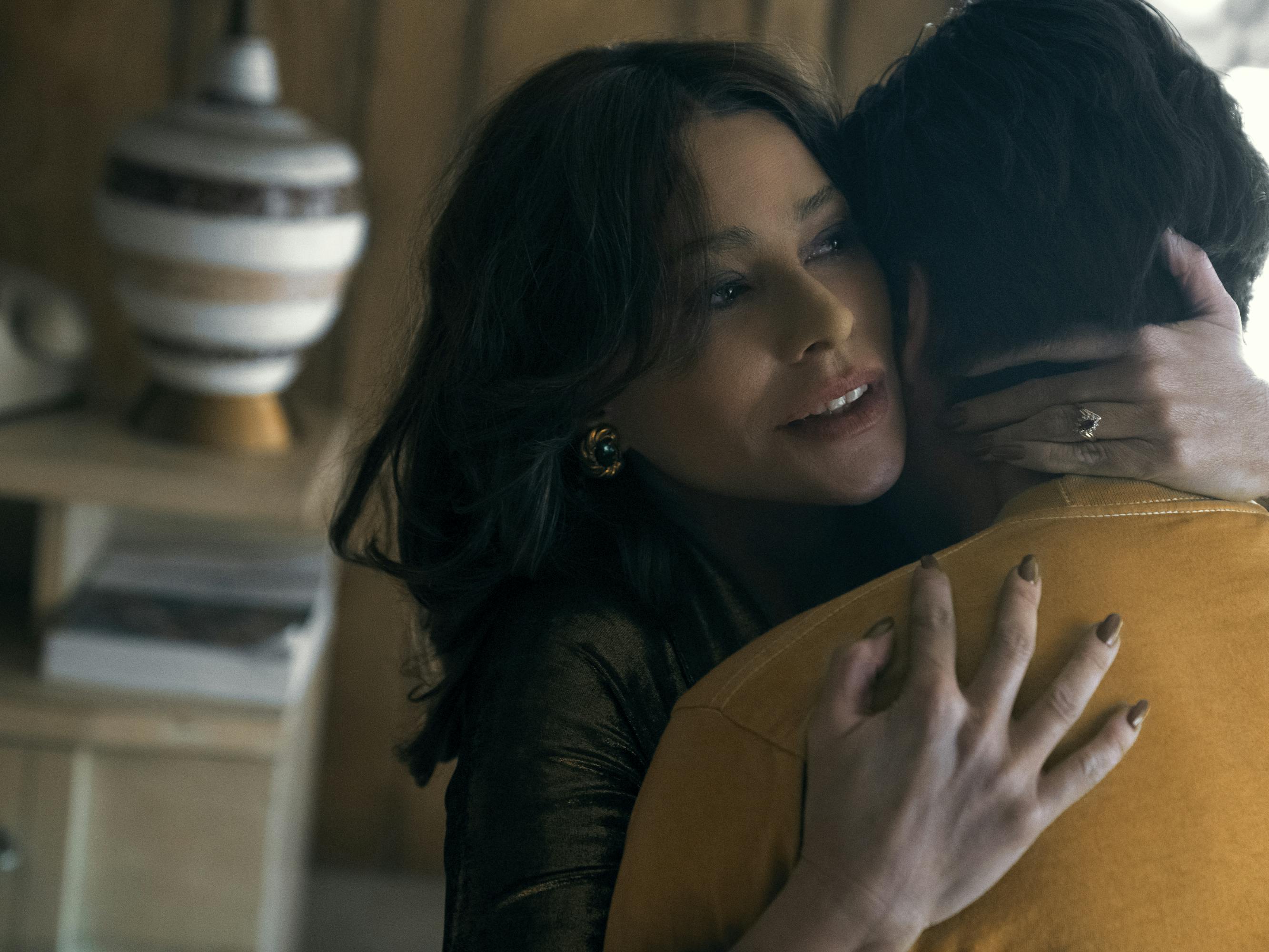
Griselda (Sofía Vergara)
Photograph by Elizabeth Morris
Investigating that inherent contradiction — how Griselda could be both fearsome and intimidating yet loving and ferociously committed to her children — proved especially fascinating for the actor. “Imagine, like, Tony Montana packing a lunch box,” says Vergara of Blanco, referencing Al Pacino’s antihero in the movie Scarface. “She stood on her own, and we’ve never seen a drug lord organize a shipment of cocaine from Colombia, and then go home to take care of her three kids. I really wanted to explore that from the point of view of her being one of the only women in history to have gone as far as she did.” Underscoring that point, Griselda opens with a quote from Pablo Escobar, the notorious leader of the Medellín Cartel: “The only man I was ever afraid of was a woman named Griselda Blanco.”
Vergara’s journey with Blanco began 10 years ago, completely by chance. She was traveling, and during her flight, she came across a magazine article about the notorious underworld figure. “Even though I grew up in Colombia in the 70s and 80s, I had never heard of her,” Vergara says. “Most of the people that I know had never heard of her either.”
The idea that such a powerful woman had dominated the world of drug trafficking yet was widely unknown intrigued the actor. “Beyond all odds, a poor uneducated woman from Colombia managed to create a massive, multibillion-dollar empire in a male-dominated industry, in a country that was not her own, through tactics that she devised that were both ingenious and cruel,” Vergara says.
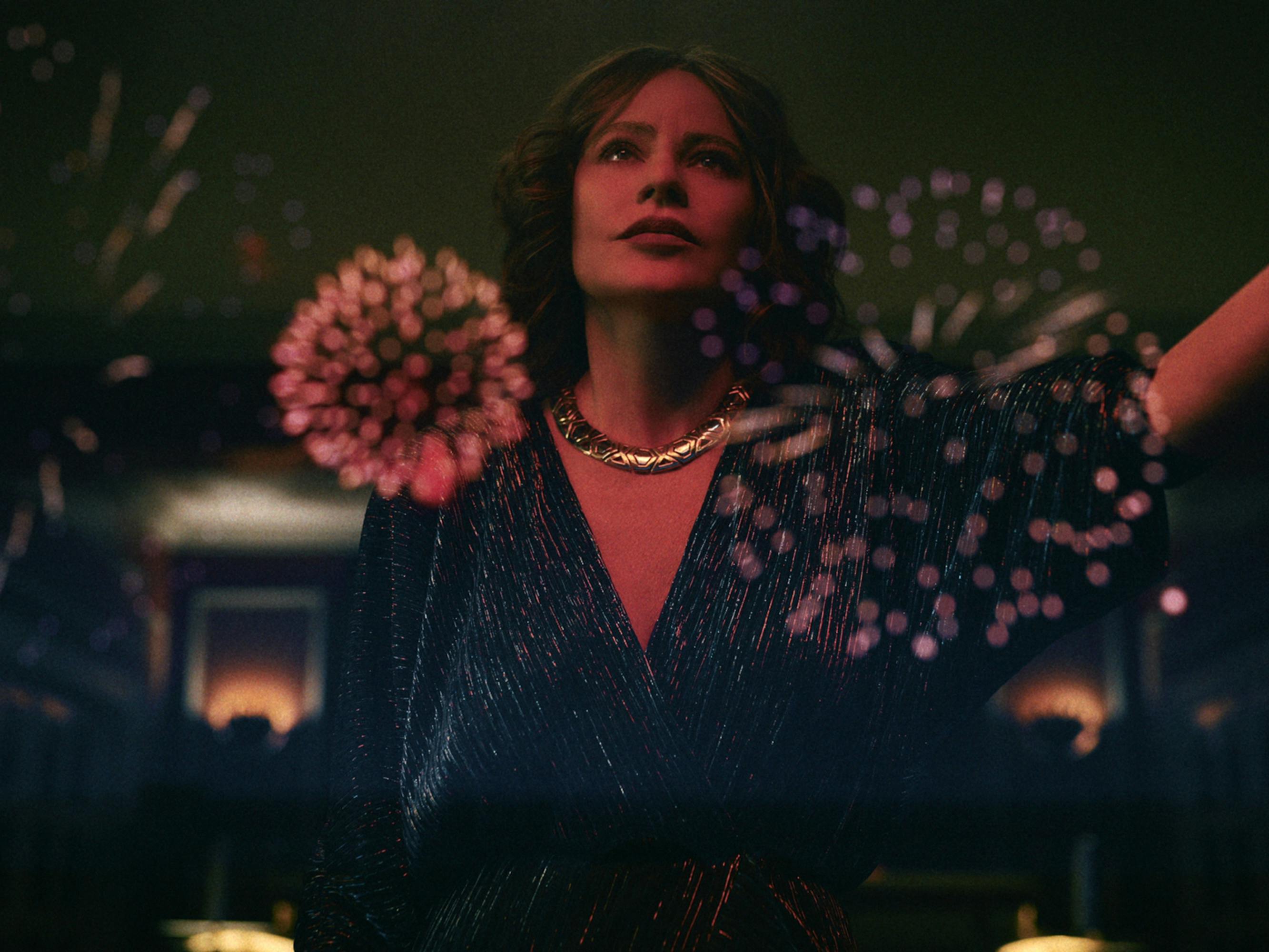
Griselda (Sofía Vergara)
While she related to Blanco’s strengths, Vergara isn’t one to glamorize violence or drugs, and she insisted that alongside La Madrina’s criminal ascent, the series also depict her transformation in a negative light. “The truth is that, as much as Griselda broke down barriers, she’s definitely not a hero and she should not be idolized,” she says. “So, what I loved about the project was getting to explore Griselda’s origin story, the making of a monster.”
Working with Narcos co-creator and executive producer Eric Newman and director and executive producer Andrés Baiz on Griselda, Vergara developed the gritty world of the series. She also chose to undergo a physical transformation to help audiences distinguish between her earlier comedy work and more easily believe her as Blanco. Onscreen, she acts beneath a sheer layer of prosthetics, including a broadened nose and chin, and the actor explains that changing her appearance was essential to creating a distinctive character. “Getting the look correct was very important to me because I needed to disappear,” Vergara says. “I wanted no one to think of me or my last role as Gloria Pritchett.”
Tackling such a challenging character while also executive-producing made for some stressful days on set, Vergara admits. “I wanted to go do the best job that I could,” she says. “When you go into something new, you have a lot more insecurities, but it was a fun challenge.”
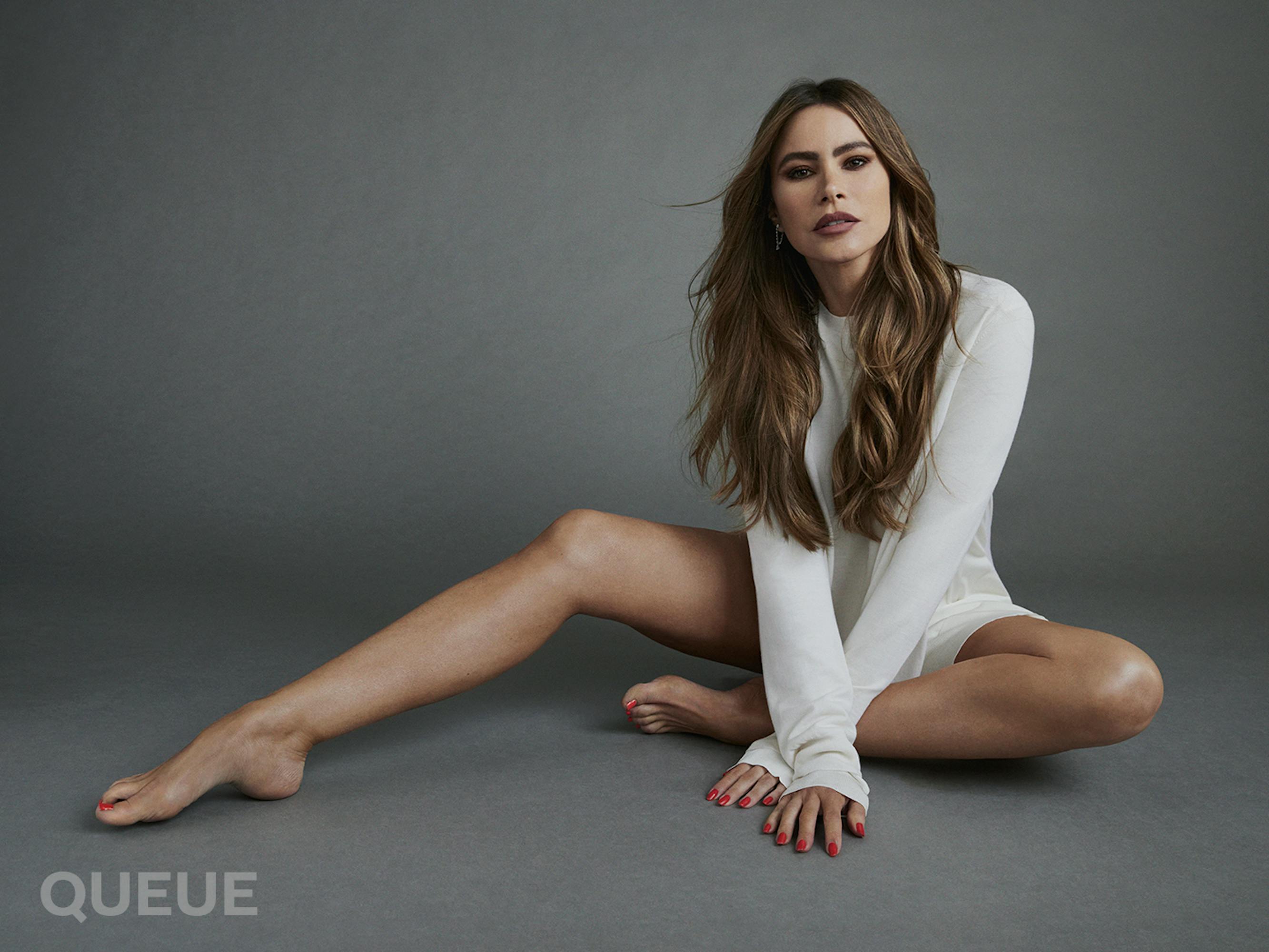
Sofía Vergara
Despite any nerves she might have had, watching her onscreen, Vergara is entirely believable as Griselda through all her iterations: as a woman fleeing an abusive spouse, as an up-and-coming drug dealer trying to make a better life for her family and community, and later as a power-hungry, paranoid cartel boss.
For Vergara, Griselda is a moment of transcending her comedy career to prove herself as a dramatic actor and as an executive producer. But it also allowed her the opportunity to do something for her community. “This project put me in a wonderful position to showcase Latin talents in front of the screen and behind the scenes,” she says. “My favorite thing was to be able to share the set with Latin American actors and a Latin director. Believe it or not, I had never really done that before. I’ve never been able to act like that in Spanish with actors from Latin America that I have always admired. It was really special for me to be on a set with my people.”
